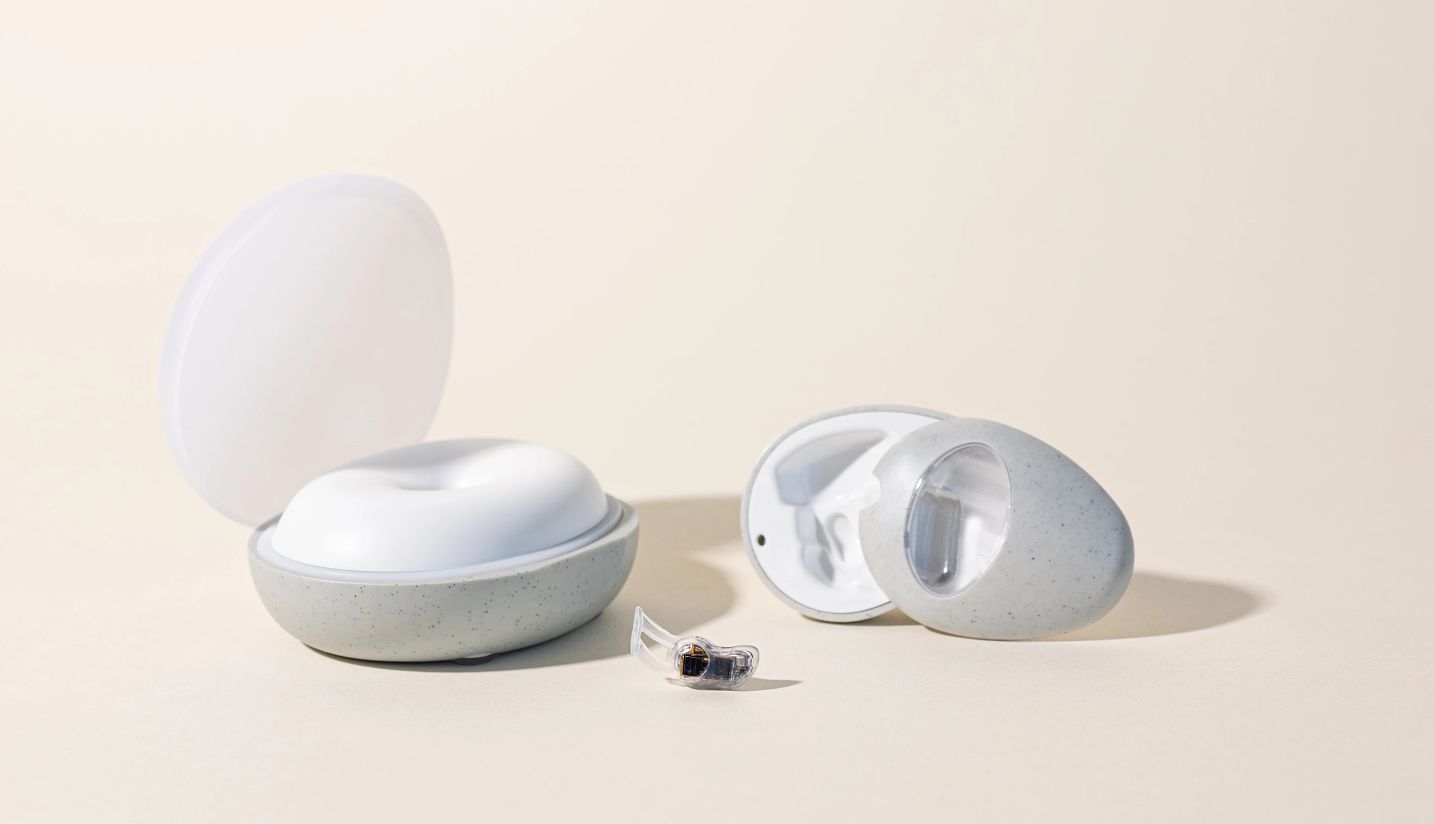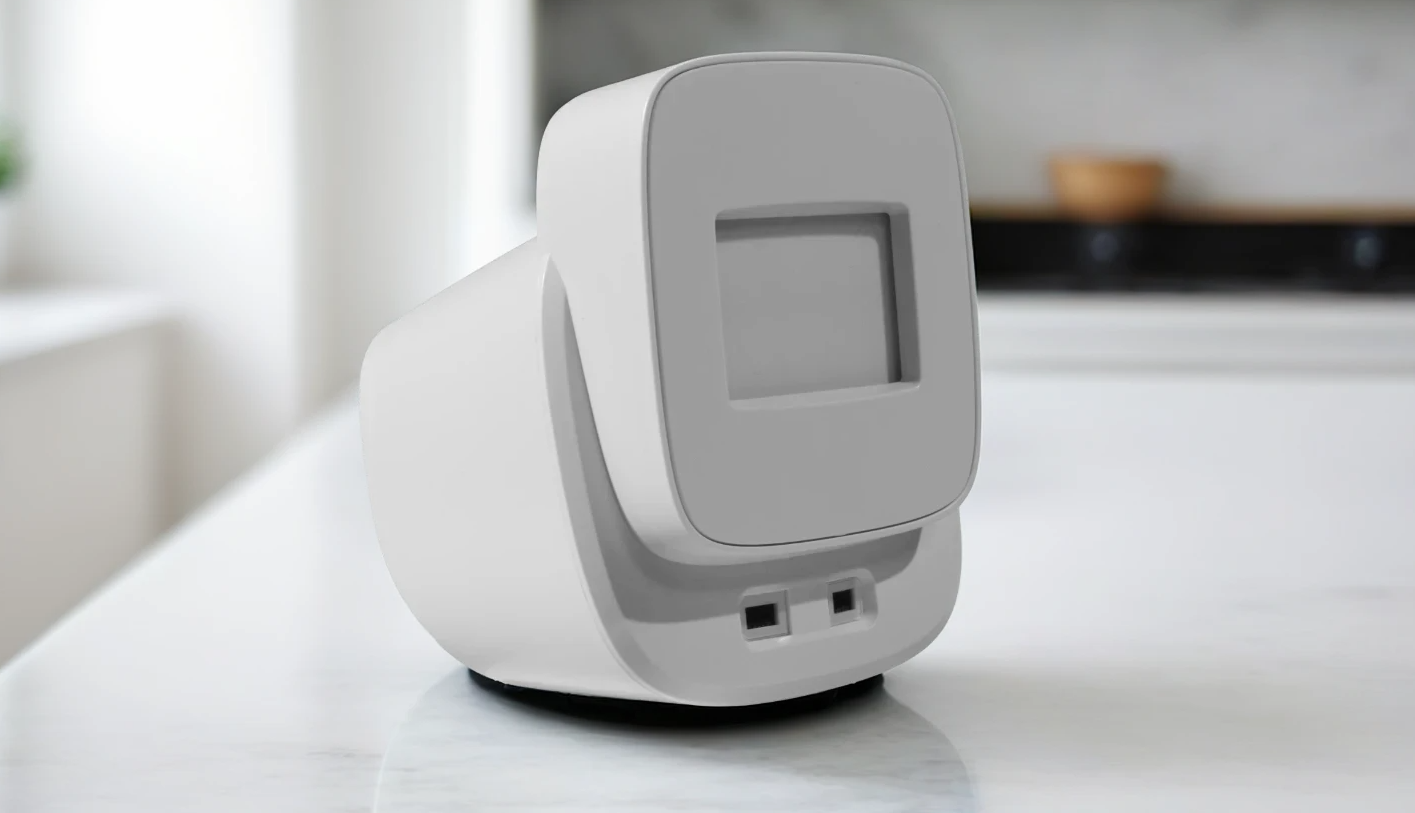AARP Hearing Center


In this story
Solving Dad’s problem • Lumia Health • Appscent Medical • Beacon Technology Solutions • Cōpe Life • EyeControl
For years, Daniel Lee’s now 68-year-old father had what his son describes as “very severe falling issues,” so the younger Lee, now 32, decided to figure out what was wrong.
Lee discovered that the cause was all about less-than-optimal blood flow to the head, inspiring the start-up he cofounded, Boston-based Lumia Health, to develop a tiny earpiece called Lumia. The device is designed to track blood flow to your head and provide an early warning to help prevent brain fog, dizziness, fainting and falls.
A panel of three judges Jan. 8 chose Lumia over four other start-ups for the top $10,000 prize at the 2025 AgeTech After Dark pitch competition, held during the CES annual technology conference in Las Vegas. The company also will get the opportunity for mentoring from the AgeTech Collaborative from AARP, which encourages the development of technology that helps adults age as they desire.
AARP is in its 10th continuous year of hosting various pitch competitions, which began in 2015 with the AARP Foundation’s Aging in Place Challenge. AARP’s Innovation Labs, which houses the start-up focused AgeTech Collaborative, took over the contests in 2018. For the past three years, the competition has taken place at CES and been called AgeTech After Dark.
Here are the five start-ups that were part of the pitch fest.


Lumia discovers a cause of dizziness, way to curb falls
The problem. One in 4 older adults complain of chronic dizziness to their doctors, a main cause of falls, says Lee, Lumia Health’s chief executive.
“Competitive products detect falls as they happen, but that’s too late. The damage is already done,” Lee says.
The product. Lumia’s earpiece is meant for the left ear and is about a fifth of the size of an Apple AirPod, which can be worn at the same time. The tiny solar powered wearable also can be worn with most hearing devices.
According to Lee, a shallow ear artery is a biometric gold mine. The Lumia earpiece can track abnormal blood flow there when problems first start to show up.
Now someone at a high risk of falling can find out through an app that their blood flow is dropping. Lumia is working on a solution so a user can be buzzed with a notification ahead of a potential spill.




































































More From AARP
Start-Up That Puts Video Calls on TV Wins AARP Contest
Service also features AI companion to check on GrandmaNeed More Than an Uber? This Start-Up Wants to be Your Ride
‘Door-through-door’ service firm wins AARP pitch event
Medical Breakthroughs That Could Impact Aging
Advances that aim to keep us healthier, longer